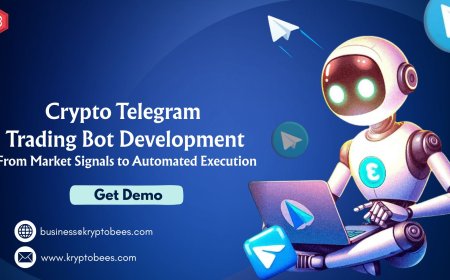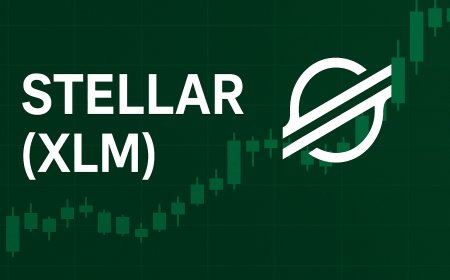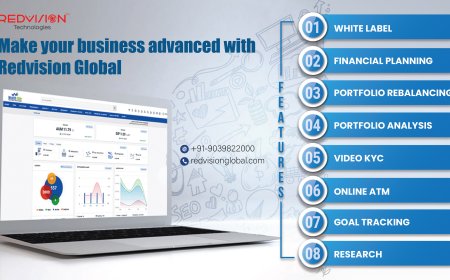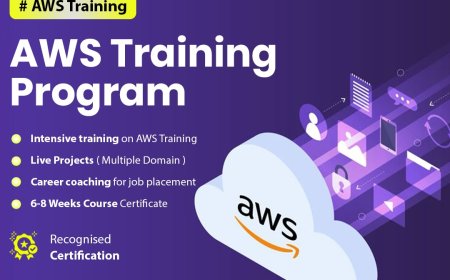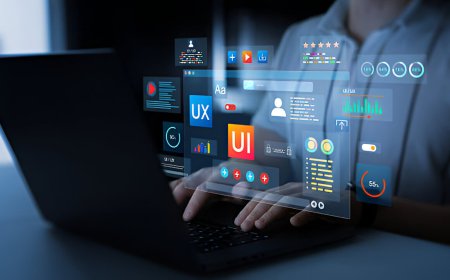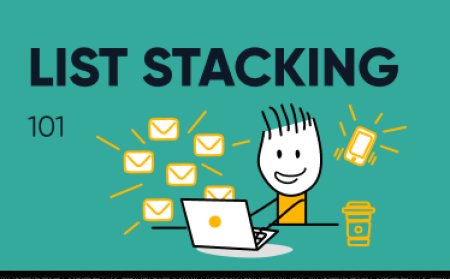The Power of Data-Driven Marketing: How Digital Agencies Are Using Analytics for Success
Discover how top digital agencies use data-driven marketing to boost ROI and performance. Learn how analytics, automation, and personalization fuel smarter growth in 2025.
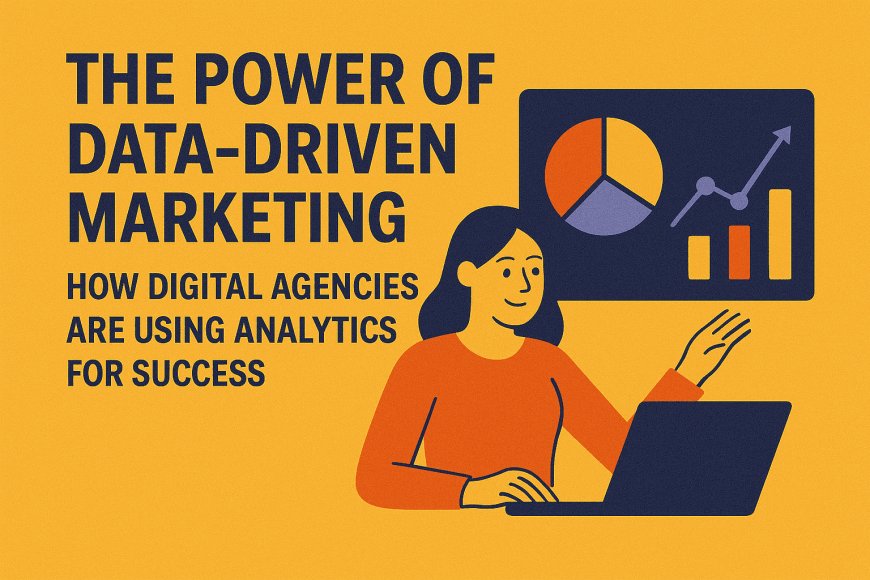
Businesses that understand their audience, campaign performance, and customer behavior through analytics are miles ahead of the competition. Thats why the best digital marketing agencies are leveraging data-driven marketing to unlock smarter decisions, higher ROI, and consistent growth.
In this blog, well explore how digital agencies use analytics to power campaigns and why data-driven marketing is now a non-negotiable in 2025.
What is Data-Driven Marketing?
Data-driven marketing is the use of real-time data, analytics, and user insights to guide every aspect of a campaignfrom audience targeting to creative messaging, channel selection, and conversion optimization.
Instead of guessing what might work, agencies use hard data to:
-
Identify customer behavior patterns
-
Personalize marketing messages
-
Optimize performance in real time
-
Improve customer journeys
-
Drive measurable outcomes
Why Data-Driven Marketing Is Crucial in 2025
Digital consumers are more connected, demanding, and privacy-conscious than ever. Algorithms change weekly, attention spans shrink, and competition is intense. Without data guiding strategy, brands risk falling behind.
Key Benefits:
-
Higher ROI through optimized spending
-
Better personalization and user experiences
-
Smarter segmentation and targeting
-
Faster decision-making with live dashboards
-
Continuous performance improvement
How Digital Marketing Agencies Are Using Data to Win
The top digital agencies dont just track datathey use it to lead strategy. Heres how they do it:
1. Audience Insights & Segmentation
Agencies analyze first-party data, CRM activity, and behavioral analytics to build detailed customer personas.
They use data to:
-
Segment by demographics, interests, and behaviors
-
Predict purchase intent and timing
-
Create lookalike audiences for paid campaigns
2. Personalized Campaigns at Scale
With tools like AI and machine learning, agencies tailor content for different user segments across email, web, and social.
Examples include:
-
Dynamic email subject lines and offers
-
Personalized ad creatives based on past actions
-
On-site personalization (like product suggestions)
3. Real-Time Campaign Optimization
Forget the old-school launch and pray approach. Modern agencies use live performance dashboards to adjust budgets, creatives, and audiences in real time.
They monitor:
-
CTR, CPC, ROAS, bounce rates
-
Heatmaps and funnel drop-offs
-
Customer acquisition cost (CAC) and LTV
4. Predictive Analytics & Forecasting
With historical data and machine learning models, agencies now predict user actions before they happen.
They forecast:
-
When users are likely to buy or churn
-
Seasonal demand or traffic spikes
-
Lifetime value by channel
5. Attribution Modeling
Agencies use multi-touch attribution to understand which channels or touchpoints actually contribute to conversions.
Common attribution models:
-
First-click / last-click
-
Time decay
-
Data-driven (algorithmic) models
6. Marketing Automation Powered by Data
From drip campaigns to re-engagement flows, automation is only as powerful as the data behind it.
Agencies use platforms like:
-
HubSpot, Marketo, Klaviyo, and ActiveCampaign
-
Segment and Mixpanel for behavioral data
-
Zapier and CDPs for smart integrations
Real-World Impact: What Data-Driven Agencies Deliver
| Metric | Traditional Marketing | Data-Driven Marketing |
|---|---|---|
| ROI Clarity | Low | High (per channel/segment) |
| Personalization | Generic messaging | Dynamic, real-time content |
| Campaign Speed | Slow to test & adjust | Agile, live optimization |
| Customer Retention | Weak follow-up | Predictive engagement flows |
| Budget Efficiency | High ad waste | Precise, measurable spend |
Choosing a Data-Savvy Digital Agency
When looking for a partner, ask these questions:
-
Do they offer real-time analytics and dashboards?
-
What tools do they use for data collection and reporting?
-
Can they break down results by audience, platform, and campaign?
-
Do they track full-funnel performance (not just impressions)?
-
Do they forecast outcomes, not just report on past ones?
Final Thoughts
Data is no longer optionalits the backbone of modern marketing. As customer expectations rise and privacy changes reshape digital advertising, data-driven marketing offers the clarity and control brands need to grow sustainably.
Whether you're optimizing lead generation, improving user retention, or scaling your ad budget, partnering with a data-driven digital marketing agency could be the smartest move you make in 2025.










